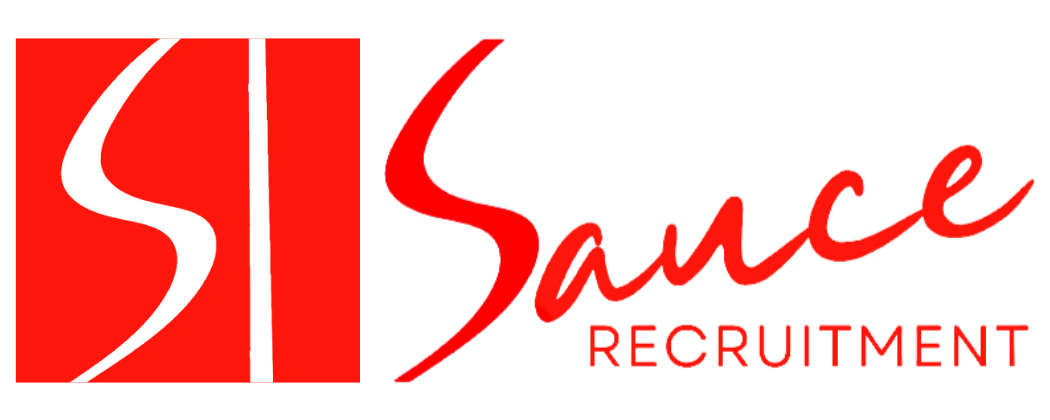While actively contributing to the Commercial Insurance Industry, optimizing YOUR time is crucial for maximizing productivity, achieving goals, and maintaining a healthy work-life balance. Here are some steps to help our dedicated INSURANCE PROFESSIONALS effectively OPTIMIZE their time:
Set CLEAR GOALS: Define short and long-term goals. Identifying target achievements will help PRIORITIZE tasks that align with set goals.
Calculate Your HOURLY RATE: Calculate desirable hourly rates based on salary or income goals. This can serve as a BASELINE for valuing time.
PRIORITIZE Tasks: Use methods like the Eisenhower Matrix (quadrants of urgent/important tasks) or the ABCD method (assigning priorities) to categorize tasks and FOCUS on what’s most valuable.
Time TRACKING: Keep track of time expenditures for a week or two. This will reveal PATTERNS and help identify time deficiencies or tasks that don’t ALIGN with set goals.
OPPORTUNITY COST: Understand that every hour spent on one task is an hour not spent on another task. Consider the potential BENEFITS of allocating time to different activities.
OUTSOURCING and DELEGATION: Delegate tasks that can be done by others. This might involve hiring help or utilizing technology.
SAY NO: Politely decline tasks or commitments that don’t align with goals or are not worth the time investment.
Time BLOCKING: Schedule days in blocks of time dedicated to specific tasks. This helps maintain focus and prevents multitasking.
BATCHING: Group similar tasks together and tackle them in a single session. This minimizes context switching and can improve efficiency.
ELIMINATE Time WASTERS: Identify activities that consistently consume time without delivering significant value. These might include excessive social media use, excessive meetings, or unproductive routines.
EVALUATE Return on Investment (ROI): Assess the potential outcomes and benefits of investing time in a particular task. Will the effort yield proportional results?
Regular REVIEW: Periodically assess how you’re allocating your time and whether it aligns with your goals. Adjust your approach as needed.
Self-CARE and RELAXATION: Valuing your time doesn’t mean being constantly productive. Adequate rest, relaxation, and personal time contribute to overall well-being and productivity.
Continuous LEARNING: Invest time in learning new skills and improving existing ones. This can lead to increased efficiency and more valuable contributions.
FLEXIBILITY: While planning is important, be adaptable to unforeseen events or opportunities that may arise. Sometimes deviating from plans can lead to greater rewards.
Ultimately, optimizing your time is about making conscious choices that align with your priorities and goals. Regularly reflecting on your choices and their impact on your overall well-being and productivity will help you refine your approach over time. Of the suggestions above, which are most beneficial to YOU?





